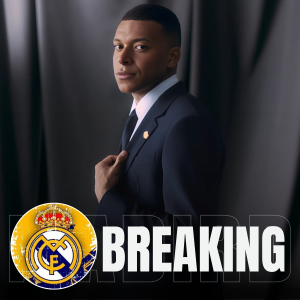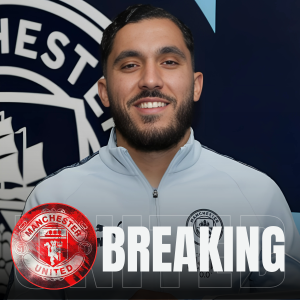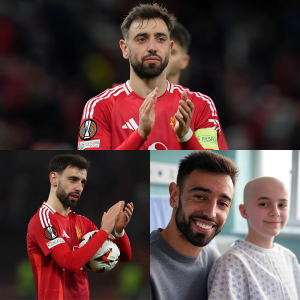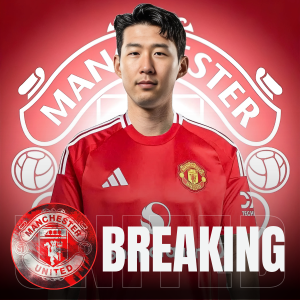David Beckham has called on Manchester United to back Ruben Amorim in the transfer market as efforts continue to reverse their downward spiral. However, Beckham is keen for the club to retain Bruno Fernandes and their top young prospects. Amorim has faced challenges since taking over from Erik ten Hag last November, with United currently languishing in 16th place in the Premier League. With only one match remaining to better their standing, United have a chance to end the season with silverware and secure a Champions League spot by defeating Tottenham Hotspur in the Europa League final on Wednesday.

Despite domestic struggles, fans mostly support Amorim, and Beckham believes the 40-year-old Portuguese coach can rejuvenate the 20-time English champions. Since Sir Alex Ferguson’s retirement in 2013, United have experienced a turbulent era, hiring six permanent managers and spending vast sums in search of past successes. Off-field issues persist, including ongoing protests against the Glazer family and Sir Jim Ratcliffe becoming a co-owner last year, leading to significant changes like a mass redundancy operation.
“It hasn’t been a great season, and that’s putting it mildly,” Beckham, part of the famed ‘Class of 92’ under Ferguson, told The Athletic. “When there’s no stability at the club, it’s evident. We were fortunate to be part of the most stable club with a consistent manager, owner, fans, and players for years. Stability within the club equates to success, plain and simple. I’m confident we have a very capable manager now, and there are numerous people striving to establish stability around the club.

However, our fans are primarily concerned with on-field performance, and currently, they’re dissatisfied with what they’re witnessing. Yet, our supporters consistently show up week after week. There are 74,000 fans at that stadium regardless of our performance or lineup. The manager recognizes and appreciates that. That’s why I like Ruben, and I believe he has a genuine opportunity here. He’s a young manager with accomplishments under his belt from Sporting CP, where he secured three Portuguese titles, and possesses significant experience for his age. So, I think he’ll implement the necessary changes.”
United have funds to enhance Amorim’s squad, but their recent financial reports are worrying, making it uncertain how much flexibility there will be, particularly until some players depart. There’s no internal push to sell Fernandes, even as the Saudi Pro League club Al Hilal shows interest. Kobbie Mainoo and Alejandro Garnacho have been linked to moves, partly due to their ‘homegrown’ status, which would yield pure profit and help United comply with financial regulations. “I think Ruben definitely needs backing in acquiring the players he desires, but I’m not sure how feasible it is,” says Beckham, 50.

“I don’t converse with Jim often, only occasionally. Ruben needs support as a manager to introduce his team and philosophy; he’s attempting that already, but I believe once he integrates his team and players, you’ll notice a change. I’d like to think you wouldn’t need to sell your captain (Fernandes). He’s been outstanding. We’ve all been critical of some United players at times, but when someone needed to step up, he delivered. I also dislike the notion of any young player who’s grown up at United leaving the club.
We shouldn’t sell players purely for financial reasons. It should be based on their on-field performance, and if they’re not delivering, there’s always a chance — we all knew that, I knew that. If I wasn’t performing, it didn’t matter what I’d done or might do; there was a good chance I’d either be benched or sold. I’d like to think Manchester United don’t sell players who’ve grown up at the club, understand, and love it. I don’t want to see players leave Manchester United if they care about it like I do.”
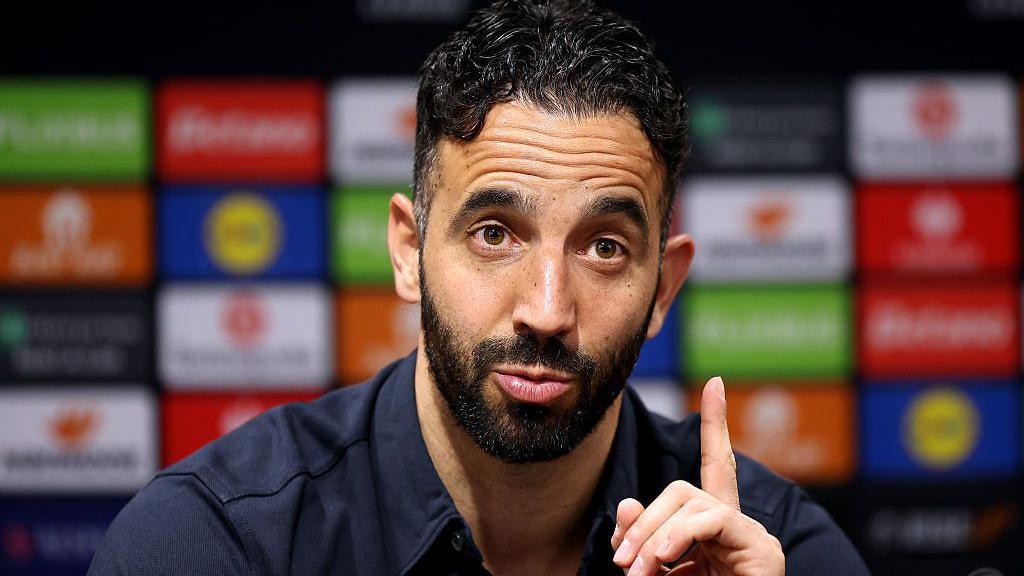
Amorim has been criticized for sticking to a system his team struggles to adapt to, often insisting he won’t budge. “Many managers have said that, but just look back at one of the greatest managers to lead Manchester United and in football,” Beckham recalls. “The manager (Ferguson) always knew when to change and adapt. He always had another option to alter the system, switch players, or bring in new talent. He was the best at it. If he could do it, then at some point, if Ruben sees an opportunity to change the system or his style, he may have to. But I respect that he insists on sticking with his system.”
Regarding Ratcliffe’s contentious tenure, Beckham added: “I know Jim made significant decisions upon arrival. Some may have been upset, and fans have been unhappy with certain choices. I can only speak about when Jim first came in — I liked that he was a fan and came from around Manchester. But the decisions made, I prefer to remain uninvolved because many people I’ve known for a long time are no longer with the club, and that’s painful. But it’s not a club I own; it’s a club I care about and love.” Gary Neville, Beckham’s long-time friend, teammate, and fellow director at Salford City, believes much of the upheaval was necessary, and it’s too early to determine if Ratcliffe is the right fit for United.
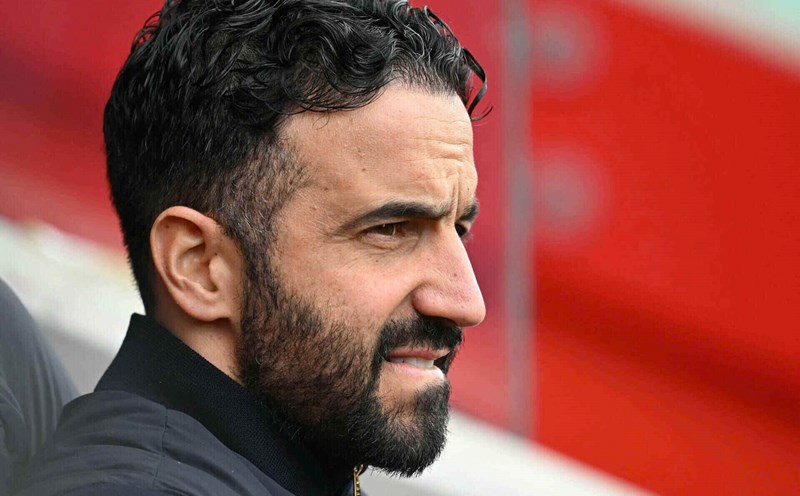
“There’s no doubt that in his first 12 months of ownership, there are two or three things he might have done differently,” Neville explains. “The reality is it’s such a massive club, so much needed to be done, and there was a lot wrong when he arrived. I think he deserves some time to develop a successful football club again. It hasn’t been successful at the level United would want, winning Premier League titles and Champions Leagues, for a decade — it’s a transition period where the new ownership is laying new foundations. I always say it takes three or four years to establish something, and he’s only 12 months in, so we must give him time.
They’re in the early stages of a stadium project, training ground project, and building a new team on the pitch. To judge success or failure after 12 months is too difficult. There are two or three things that haven’t gone well and have been unpopular, but significant changes were needed. When taking over a club that has faced sustained failure for a decade and recruited poorly, you’ll upset things along the way. You might make some decisions with a blunt tool, but change was definitely required.”
